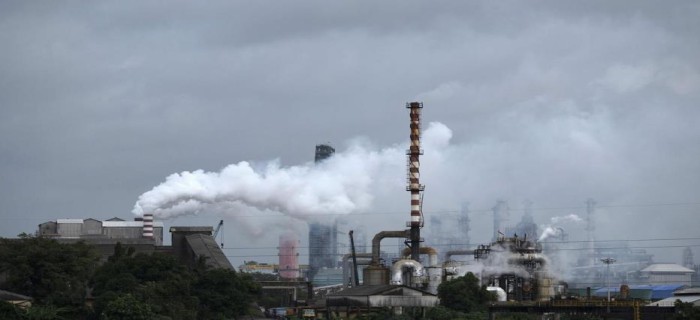
As India grapples with the EU carbon tax, renewable energy can help cut emissions from heavy industries faster
As India continues negotiations with the European Union (EU) on the Carbon Border Adjustment Mechanism (CBAM)—a tax that would be levied on carbon-intensive products imported into the EU—a report released on Wednesday by energy think tank Ember found that the heavy industrial sector's total carbon emissions could be reduced by up to 17 percent by 2030 by using renewable energy.
As per the report titled 'Green Electrification of Indian Industries for Clean Energy Benefits', the sector can decarbonise its entire power demand by 2030 with 120 GW of renewable energy.
The CBAM is the world's first carbon tax to be implemented by the European Union on imports of iron, steel, aluminium, and petrochemicals, collectively known as the heavy industry sector. The tax, announced by the EU in October 2023, is expected to come into force in January 2026.
India has said it is concerned about the carbon tax and will raise it in bilateral meetings with the World Trade Organisation (WTO) and the European Union. India's heavy industry sector currently accounts for 70 percent of the industrial sector's total carbon emissions. However, most of these emissions come from production and operations processes that are difficult to decarbonise in the short term.
The Ember report found that the electrification needs of the heavy industry sector, however, could be met by renewable energy sources and said this would significantly reduce the sector's emissions.

.gif)
.jpeg)
leave your comment